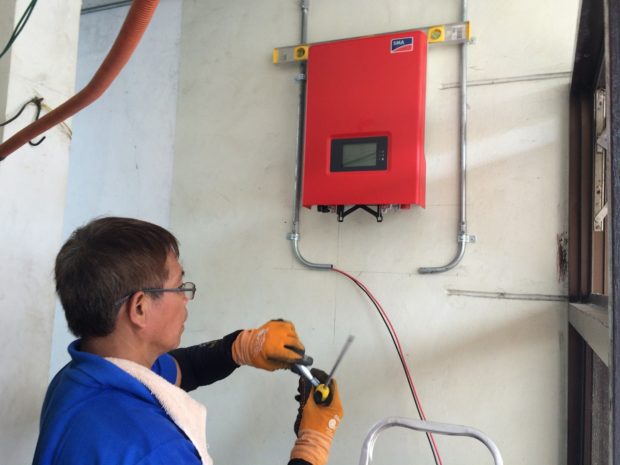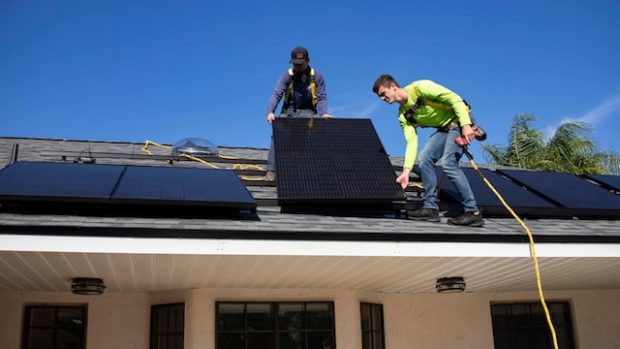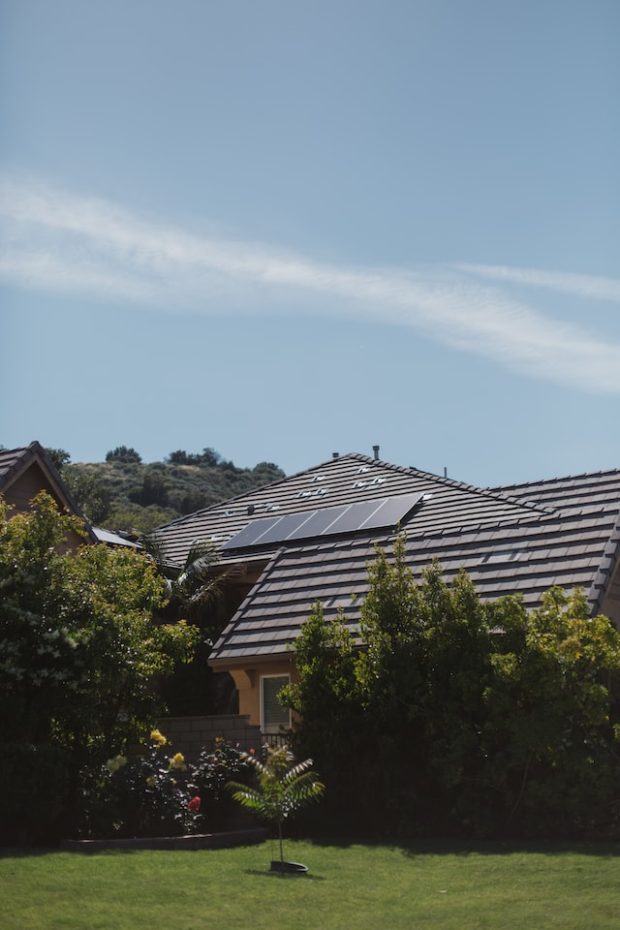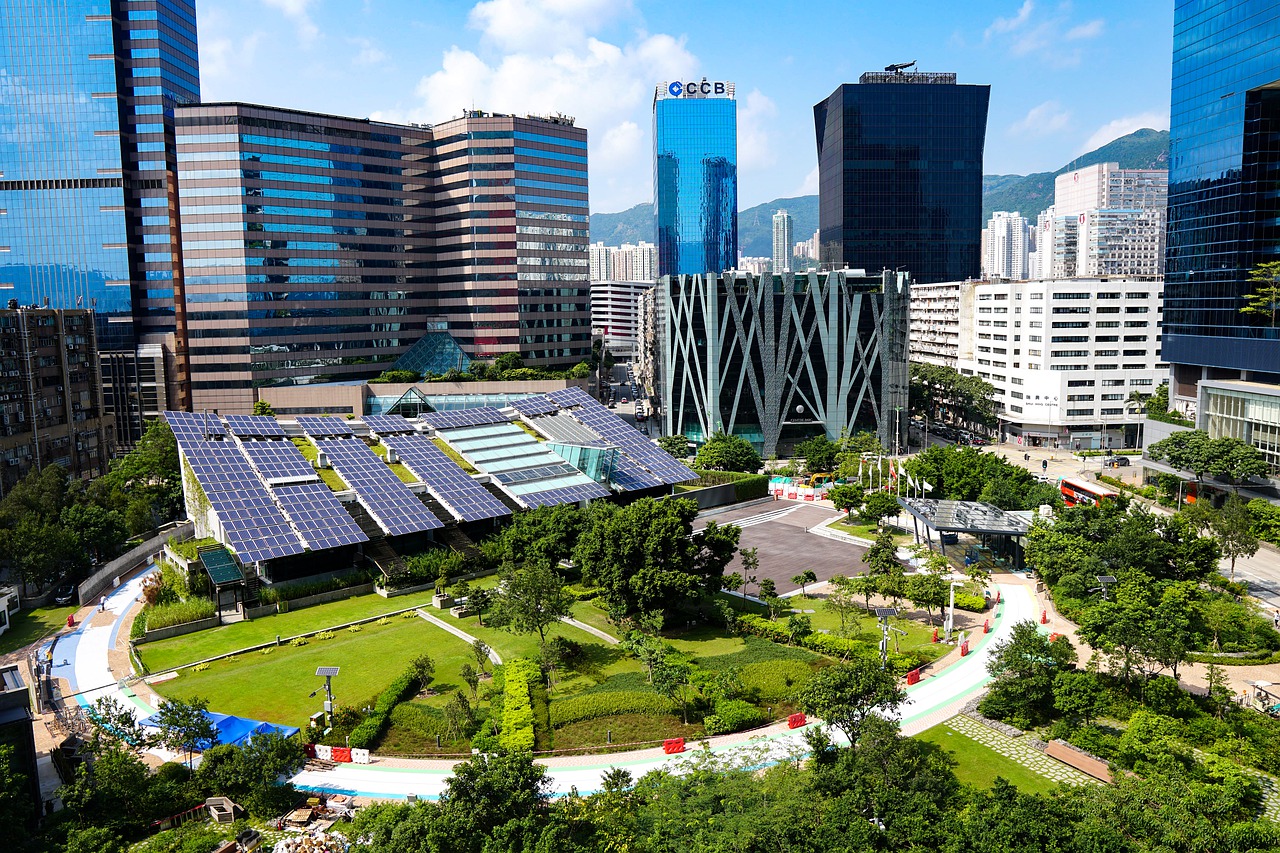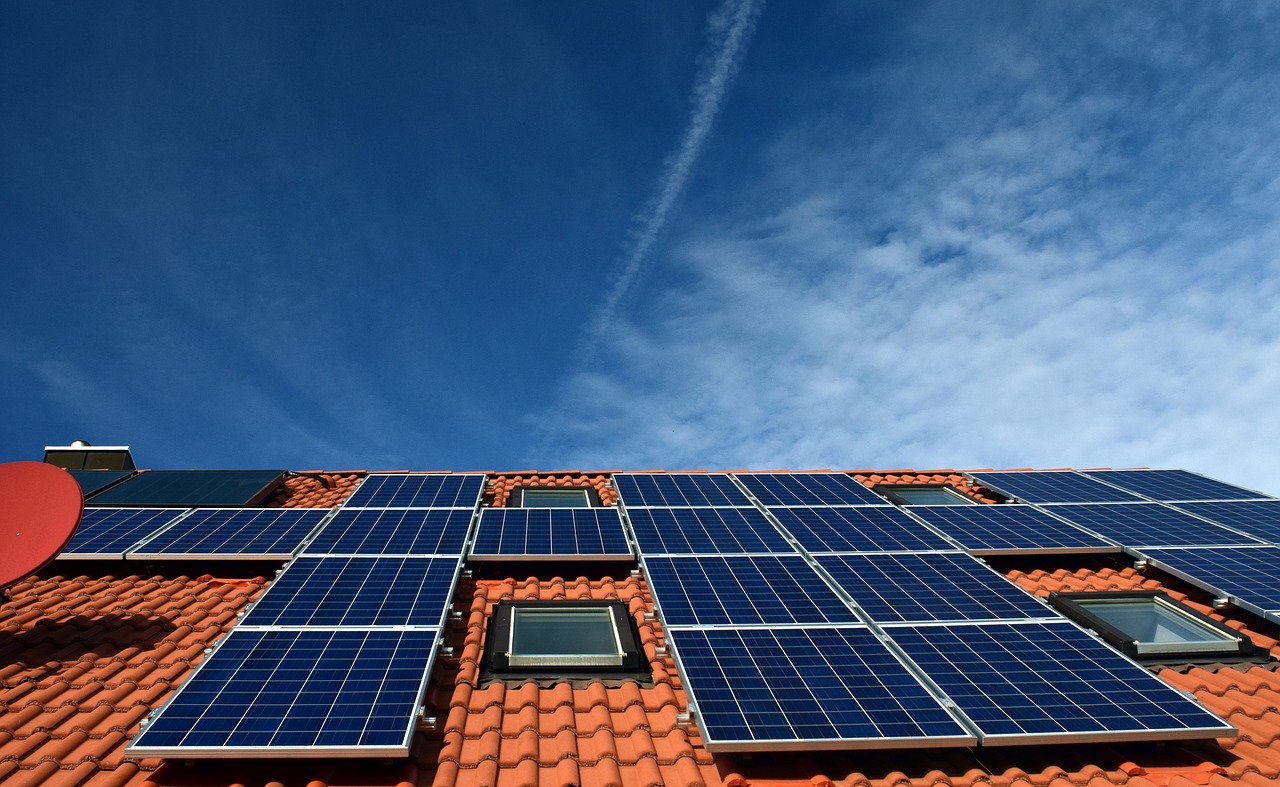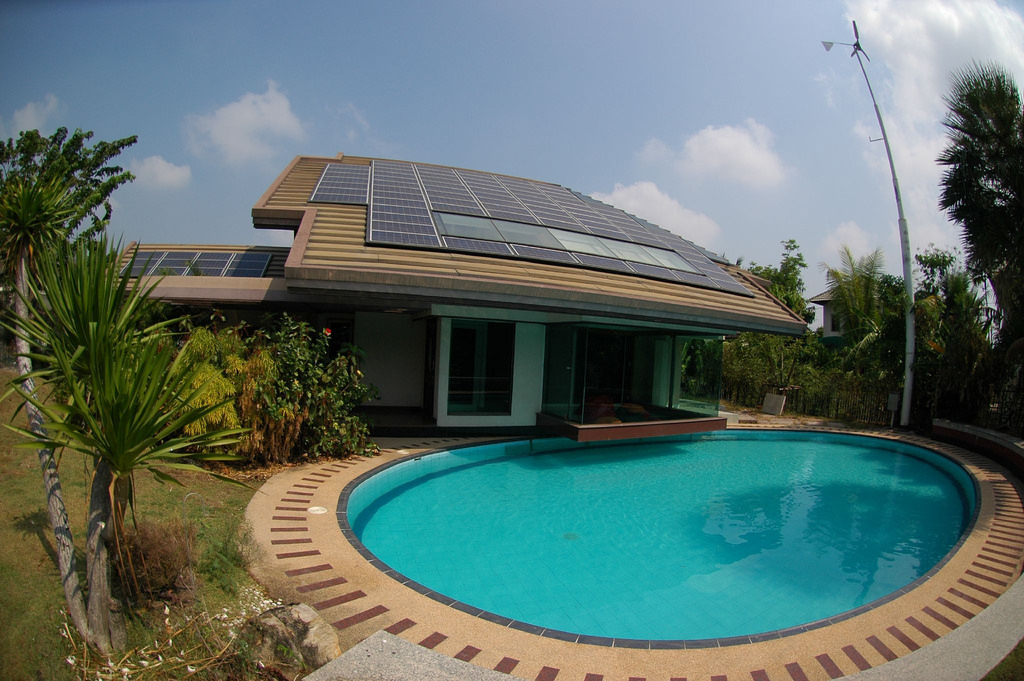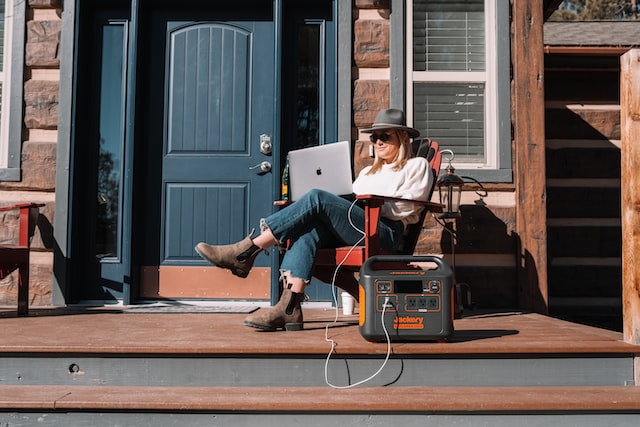A solar inverter, also known as a PV inverter or solar PV inverter, is a type of electrical converter that transforms a solar power panel’s variable direct electrical output into a fairly typical household voltage that can be used directly or fed into a neighbourhood, off-grid electric system.
The single or multiple cell batteries that power the solar inverters most often contain one or more cells apiece. This implies that you have a bank of batteries that are prepared to take over in an emergency and can store enough energy to run your complete home or just enough to run a few lights and appliances. Having a consistent source of solar energy will allow you to keep your entire home warm even if you don’t use your solar inverters during the winter.
A solar inverter is different from a solar panel since it regulates and transforms the solar energy supply from your solar panels into a form that can be used.
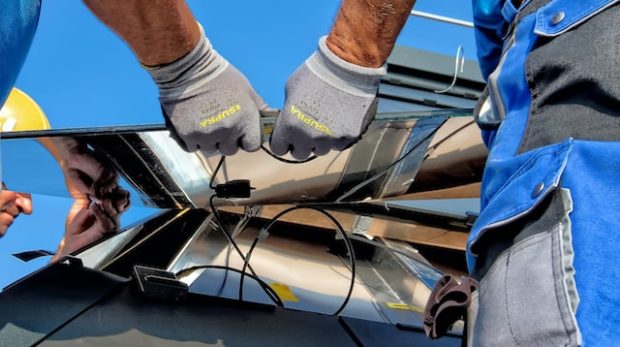
Single-mode and dual-mode solar inverters come in two different varieties
When researching solar inverters, you can come across more words. Because the solar panels produce the most energy when operating at a maximum power, maintaining and tracking your maximum power point is crucial for the long life of your solar inverters. By maintaining optimum power point monitoring, you can prevent cold-weather damage and ensure that your panels stay in place.
To power your RV, you can also connect your solar panels to a generator or batteries. Since you probably won’t want to use AC electricity to run your refrigerator, fans, heater, or computer, solar inverters work well in an RV. You can maintain power where it is most needed with the help of your solar inverters while still having access to AC power for the majority of your home’s equipment. Your solar panels may just need to be disconnected from the battery or the RV generator.
You will need to come up with your power supply if you reside in a distant area or if your electric provider does not supply any electricity to you. Due to this, many buyers opt for “power optimisers,” or highly efficient solar cells. All of the solar energy is converted into AC electricity by power optimisers so that it can be used for domestic purposes. They also help you save money on your monthly utility bill and have the added benefit of being environmentally friendly. As you won’t have to pay for high utility rates anymore, this extra cost on your utilities can help you pay off your solar panels sooner.
Your solar inverters’ settings won’t need to be changed to provide you with the electricity and energy you require. The complete conversion procedure will be managed for you by the solar inverters. The solar energy will be converted into DC by the power optimiser, and this DC will then be transformed into usable AC electricity by the solar inverters. This AC electricity will subsequently be transformed into alternating current by your solar inverters (AC).
Some households decide to buy their solar energy system for home and use solar inverters to augment their power supply. Some homeowners think that installing solar inverters can be less expensive than having your entire house built with electricity systems provided by the utility. The fact that several manufacturers are producing solar inverters in far greater sizes than they previously did is another factor contributing to their increasing popularity. These solar energy systems’ bigger dimensions are also far more efficient.
A homeowner would have to run multiple different appliances simultaneously in a conventional electric grid, which can result in much higher expenditures. When solar panels are installed on your roof, there is only one appliance that has to be powered and no other devices that could need any power at all. The smaller solar panels will only require a single charge, which will use a negligibly small amount of energy. This implies that you can significantly increase your electricity cost savings. You can reduce your bill by up to 50% if your solar panels are shaded.
Some may believe that solar panel installation will cost money and hence it is not worth it. However, most of the time, customers can tell the difference between their current home energy system costs because of residential solar panel systems and the money they would save by only solar Inverter installation. Keep in mind that the initial installation of the solar panels might be costly and that after you have paid for the supplies, the actual inverter may cost you money. But it is the inverter that will enable the solar panels to function. Installing a household solar power inverter is perhaps the best option if you want to bring solar power inside your home.

